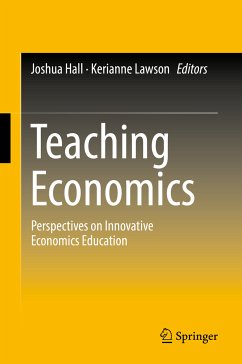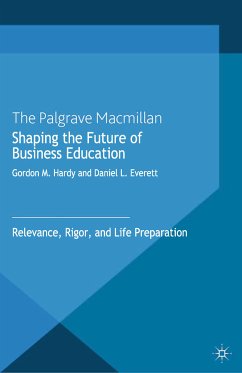This book looks at a number of topics in economic education, presenting multiple perspectives from those in the field to anyone interested in teaching economics. Using anecdotes, classroom experiments and surveys, the contributing authors show that, with some different or new techniques, teaching economics can be more engaging for students and help them better retain what they learned. Chapters cover a wide range of approaches to teaching economics, from interactive approaches such as utilizing video games and Econ Beats to more rigorous examinations of government policies and market outcomes and exploring case studies from specific courses. Many of the chapters incorporate game theory and provide worked out examples of games designed to help students with intuitive retention of the material, and these games can be replicated in any economics classroom. While the exercises are geared towards college-level economics students, instructors can draw inspiration for course lectures from thevarious approaches taken here and utilize them at any level of teaching. This book will be very useful to instructors in economics interested in bringing innovative teaching methods into the classroom.
Dieser Download kann aus rechtlichen Gründen nur mit Rechnungsadresse in A, B, BG, CY, CZ, D, DK, EW, E, FIN, F, GR, HR, H, IRL, I, LT, L, LR, M, NL, PL, P, R, S, SLO, SK ausgeliefert werden.









